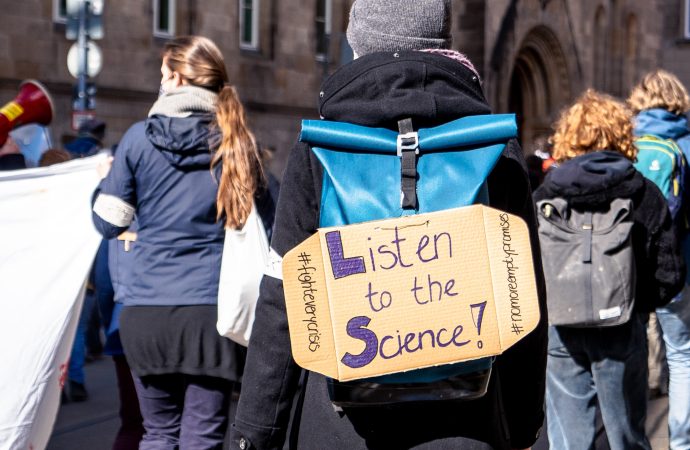In an era marked by rapid changes and societal challenges, government policies play a pivotal role in shaping the world we live in. Each decision made by policymakers has far-reaching consequences that extend beyond mere legislation. From economic reforms to social initiatives, these policies often trigger a chain reaction, creating ripple effects that influence various
In an era marked by rapid changes and societal challenges, government policies play a pivotal role in shaping the world we live in. Each decision made by policymakers has far-reaching consequences that extend beyond mere legislation. From economic reforms to social initiatives, these policies often trigger a chain reaction, creating ripple effects that influence various aspects of society. In this article, we delve into the complex web of interconnectedness, exploring how government measures impact our lives in unexpected ways.
From an economic standpoint, government policies directly affect industries, businesses, and individual citizens. For instance, tax reforms can stimulate investment, fuel economic growth, and create employment opportunities. On the other hand, ill-conceived policies may lead to unintended consequences such as job losses or unequal distribution of wealth. By analyzing the economic repercussions of government measures, we gain insights into the dynamics that drive our financial systems and shape our livelihoods.
Social policies also leave indelible imprints on our communities. Whether it’s healthcare reforms, education initiatives, or social welfare programs, government interventions can redefine societal norms and foster inclusivity. By examining the impact of these policies on individuals and marginalized groups, we gain a deeper understanding of how our society is transformed. It is crucial to analyze the effectiveness and unintended consequences of social policies to ensure they align with the principles of equality and justice.
Moreover, government measures often intersect with environmental concerns. Policies related to climate change, conservation, and sustainability shape our collective future. Decisions made by governments today have the power to determine the well-being of future generations. By investigating the environmental consequences of government actions, we shed light on the efforts being made to combat climate change, protect ecosystems, and build a sustainable future.
While the effects of government policies are far-reaching, it is essential to evaluate them through an ethical lens. Journalists have a responsibility to hold governments accountable, ensuring transparency and fairness in policymaking. In our pursuit of truth, we must investigate the motives behind government measures, uncovering potential biases or conflicts of interest. By doing so, we provide the public with an accurate and unbiased account of the consequences arising from policy decisions.
Unraveling the ripple effects of government measures requires a multi-faceted approach. As journalists, we must develop research techniques that enable us to verify information, uncover reliable sources, and cross-reference data. Relying on fact-checking organizations, conducting interviews with experts, and analyzing empirical evidence are crucial steps in providing accurate reporting. By adhering to these rigorous research practices, we can deliver reliable information and contribute to a more informed society.
In conclusion, government policies have a profound impact on society, creating a web of interconnected consequences that shape our lives. By examining the economic, social, and environmental effects of these measures, we gain a comprehensive understanding of the forces at play. It is through responsible and diligent journalism that we can shed light on the ripple effects of government policies, empowering individuals to engage in informed discussions and participate in the democratic process.

















Leave a Comment
Your email address will not be published. Required fields are marked with *